Indeed, history is nothing more than a tableau of crimes and misfortunes

Indeed, history is nothing more than a tableau of crimes and misfortunes
Voltaire, the renowned French philosopher and writer of the Enlightenment period, was known for his sharp wit and biting criticism of society and its institutions. One of his most famous quotes, "Indeed, history is nothing more than a tableau of crimes and misfortunes," reflects his cynical view of human nature and the world in which we live.In this statement, Voltaire is suggesting that history is essentially a record of the worst aspects of humanity – the crimes we commit against each other and the misfortunes that befall us. He believed that the course of human history is marked by violence, greed, and suffering, with little room for progress or improvement. This bleak outlook on the past may seem pessimistic, but it is rooted in Voltaire's observations of the world around him.
Throughout his life, Voltaire witnessed firsthand the injustices and atrocities committed by those in power. He saw the corruption of the church, the tyranny of monarchs, and the ignorance of the masses. He was a vocal critic of the established order, using his writing to expose the hypocrisy and cruelty of society. In his works, such as "Candide" and "Letters Concerning the English Nation," Voltaire satirized the institutions and beliefs that he saw as responsible for the suffering of humanity.
Despite his grim assessment of history, Voltaire was not without hope. He believed in the power of reason and enlightenment to overcome the darkness of the past. He advocated for tolerance, freedom of thought, and the separation of church and state as the keys to a more just and humane society. While he acknowledged the crimes and misfortunes of history, he also believed that it was possible to learn from the mistakes of the past and create a better future.

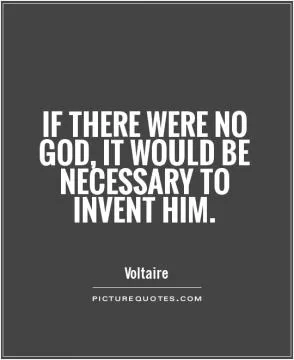
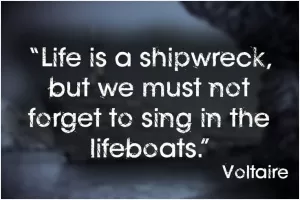

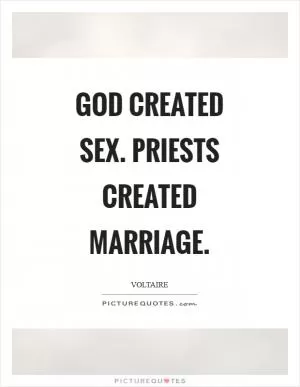
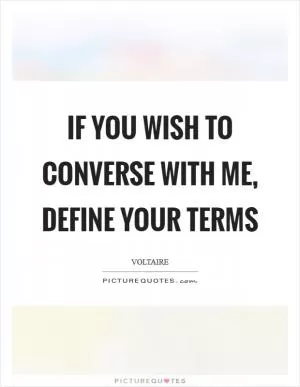
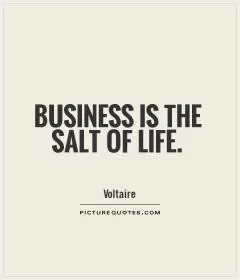
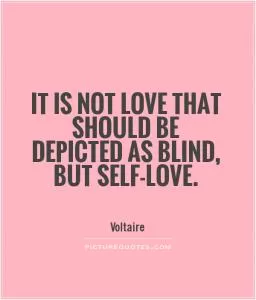
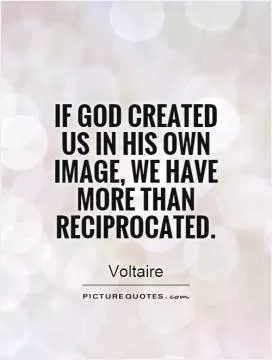
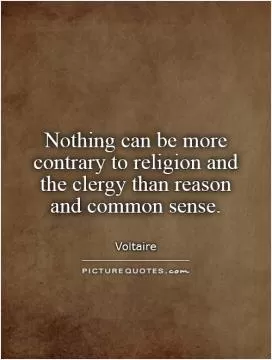
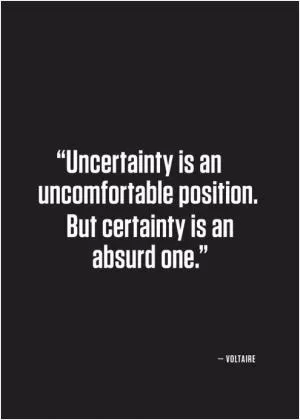
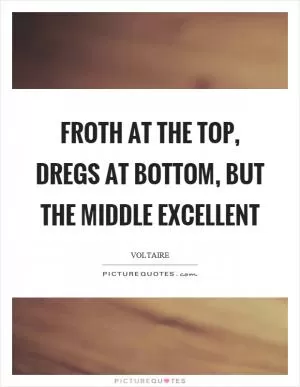
 Friendship Quotes
Friendship Quotes Love Quotes
Love Quotes Life Quotes
Life Quotes Funny Quotes
Funny Quotes Motivational Quotes
Motivational Quotes Inspirational Quotes
Inspirational Quotes